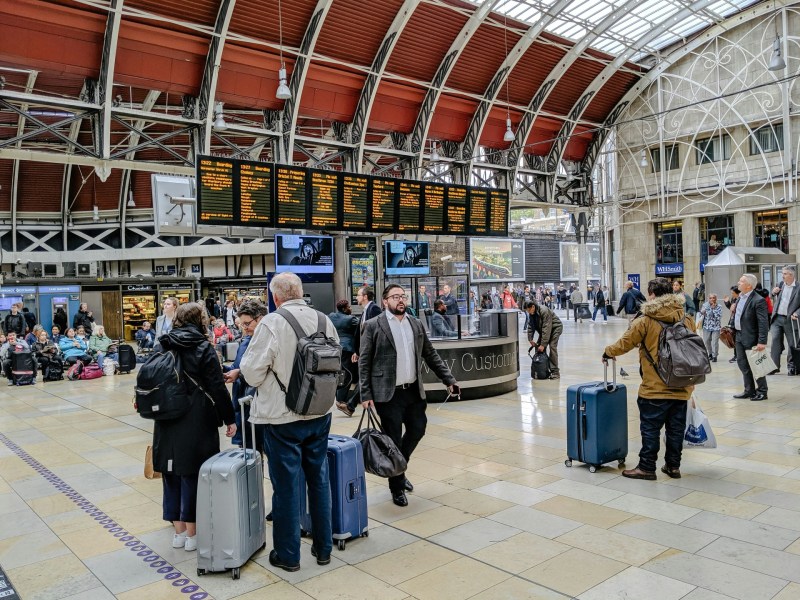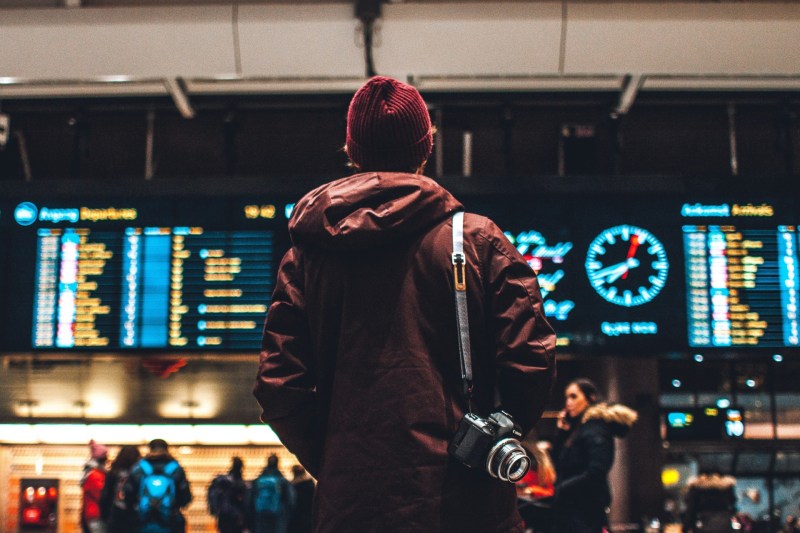AI is changing how we do things in nearly every industry, including travel. Recently published data from Bloomreach suggests consumer interest in using AI for travel planning is rising. The data indicates that 51% of U.S. consumers would consider using AI to book flights and accommodations, while nearly 70% would use AI to suggest travel itineraries or find flights for a chosen destination. Additionally, another 37% of U.S. travelers would use AI shopping assistants to assist with travel needs.
Below, Christina Augustine, Chief Operating Officer at Bloomreach, shared her thoughts on what we may see next in the world of AI travel agents.
Rising interest in AI for travel planning

“Consumers aren’t just looking for one single thing when they’re planning a trip. They want to find the best possible experience — relaxing versus sightseeing versus learning — which is a very personal answer. They’re also looking for the best possible deal. That combination gives trip planning so many variables. It gets overwhelming quickly, especially online, where all those variables are being researched in different places,” says Augustine.
With these travel needs in mind, it’s easy to see why there’s rising interest in AI in the travel industry. As Augustine describes, using AI as a copilot or advisor can help travelers navigate travel options while serving as a personal assistant. Using AI to help with travel planning can remove the complexity of booking travel, assisting travelers in finding out what they need in a natural, conversational way.
“Consumers have started to recognize that opportunity, especially as they use AI in other areas. More people [wanted] to use AI to help plan summer travel this year,” she shares.
What the future looks like

As consumers’ travel needs shift, brands in the industry must also adapt to stay relevant. Augustine says travel brands shouldn’t ignore this shift. “In so many other areas online, consumers are now being trained to ask conversational-style questions. Naturally, they’ll expect every brand to have that capability.”
I also asked Augustine what she thinks summer travel will look like in two summers from now. “With the speed of advancement in AI, it’s tough to say what planning summer travel will look like in the future. We’ve seen the rate of innovation and adoption move faster than any other previous technology. Even with our own AI shopping agent, we went from development to implementation to adoption and results faster than any of us could have predicted.”
“Implementing AI on travel sites is not always straightforward. There are regulations, and there are real-time changes. I don’t think the perfect AI booking agent for the travel industry will be available tomorrow. But that doesn’t mean brands should be complacent,” she says.
“I think it’s only appropriate to think about this in light of Amara’s Law: we tend to overestimate the effect of technology in the short run and underestimate the effect in the long run. In two summers, I expect that we will likely be able to use voice to tell an AI agent the type of vacation we are looking for, and not only have the assistant outline a great agenda, but also book the travel for us. Agentic is coming — already for shopping, and now for travel experiences too,” she shares.




